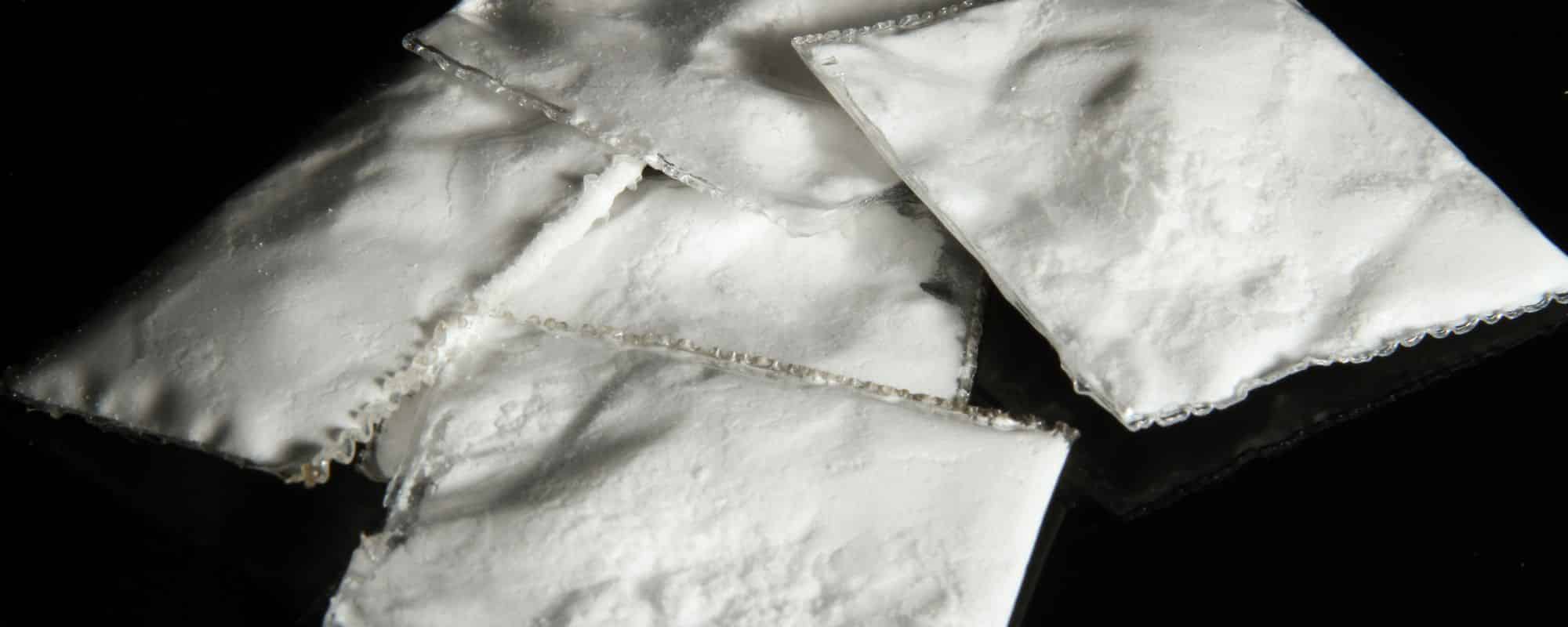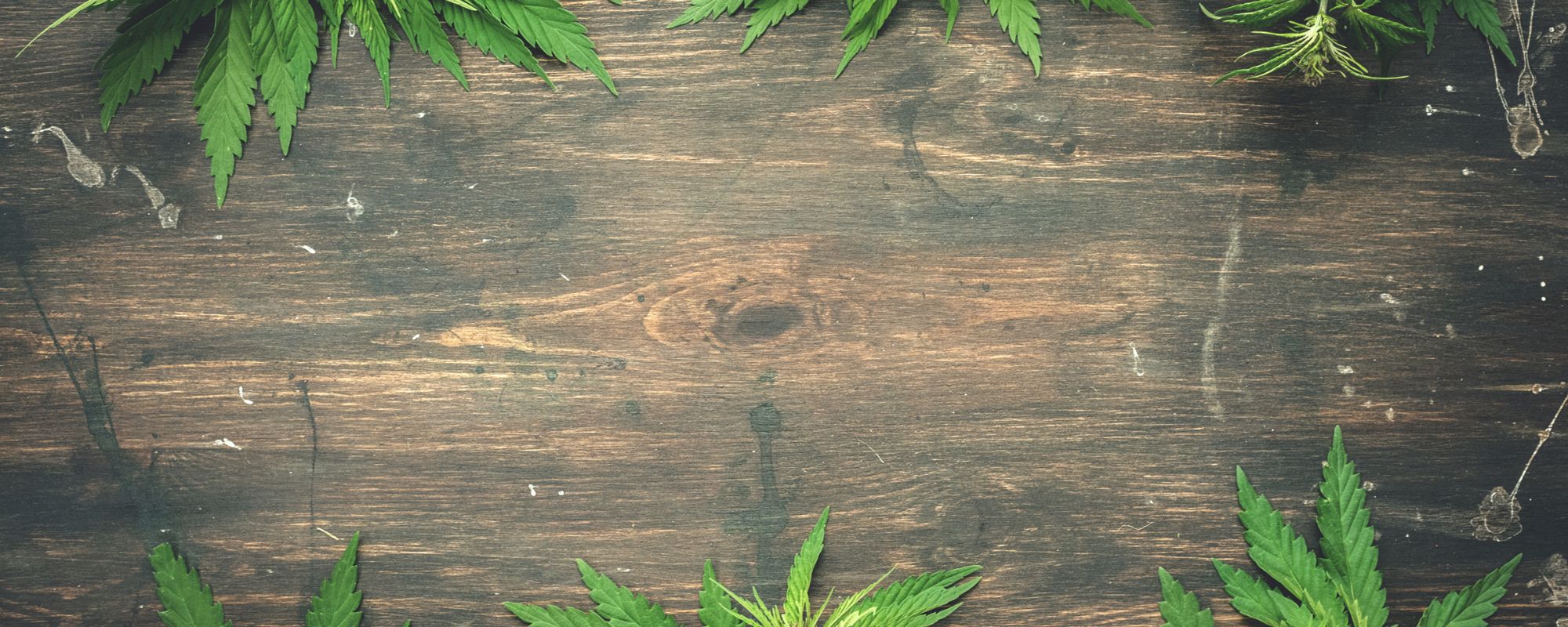Leaving rehab is a major accomplishment, but it’s only the beginning of your journey. Staying sober in the “real world” can be challenging, but it is possible. If you’re wondering how to stay sober and maintain your progress, you’re not alone. This blog will explore practical sobriety tips and ways to stay sober, providing guidance and encouragement for long-term success. We’ll discuss how to stay sober from alcohol and other substances by building a strong support system, managing triggers, and creating a healthy lifestyle. Whether you’re looking for tips for yourself or wondering how to help someone else stay sober, this blog will provide some answers. Ultimately, understanding why recovery is important can help you remain committed to your path.
What Is Sobriety?
Sobriety is generally defined as the state of not being under the influence of alcohol or drugs. For those in recovery, sobriety means more than just not being intoxicated; it represents a commitment to a lifestyle free from substance use. Sobriety can mean not using any mind-altering substances. Many view sobriety as a continuous journey requiring vigilance and awareness to avoid temptation.
While many recovery programs emphasize abstinence, some models recognize a spectrum of approaches and varying definitions of recovery. Just because someone is not sober doesn’t automatically mean they are a “drunk.” There’s a spectrum of alcohol and drug use, and “drunk” usually implies a level of impairment that significantly affects someone’s behavior, judgment, and coordination. These programs support limited consumption depending on individual goals. The “sober curious” movement encourages questioning drinking habits for health reasons, ranging from complete abstinence to mindful moderation. Ultimately, it is up to the individual and his or her personal health goals.
Why Do People Struggle to Stay Sober After Rehab?
Staying sober after rehab can be challenging due to several factors, including the impact of substance abuse on the brain and the presence of co-occurring mental health disorders. Leaving the structured environment of rehab and returning to everyday life can expose individuals to triggers, stress, and social pressures that threaten their hard-won sobriety. It’s important to develop new coping strategies and build a strong support system to make the transition easier.
Substance Abuse and the Brain: Addiction alters brain chemistry and function, creating cravings and dependence. Even after detox, the brain needs time to heal, making individuals vulnerable to relapse.
Co-Occurring Mental Health Disorders: Many people in recovery also manage mental health conditions like anxiety or depression. These co-occurring disorders can intensify cravings and make it harder to cope with stress, increasing the risk of relapse.
How to Stay Sober After Rehab
Staying sober after rehab requires a proactive approach and commitment to maintaining your recovery journey. Implementing effective strategies and building a supportive environment are vital for long-term success. By integrating these tips into your daily life, you can strengthen your sobriety and prevent relapse:
- Aftercare: Participating in aftercare programs provides ongoing support and therapy to reinforce the skills learned in rehab.
- Recovery Support Groups: Attending recovery support groups, like 12-step groups or non-12 step-based, offers a safe space to share experiences, gain encouragement, and build connections with others in recovery.
- Sober Living: Transitioning to a sober living environment provides a structured, substance-free setting that supports continued sobriety.
- Establish a Support System: Building a network of supportive friends, family, Alumni groups, or mentors provides encouragement and accountability.
- Establish a Daily Routine: Creating a structured daily routine promotes stability, reduces idle time, and minimizes exposure to triggers.
- Identify and Avoid Triggers: Recognizing and avoiding people, places, or situations that trigger cravings can help prevent relapse.
- Practice Coping Mechanisms Learned in Recovery: Utilizing the coping strategies learned in therapy, such as mindfulness, meditation, and cognitive restructuring, can manage stress and cravings.
- Educate Yourself on the Dangers of Substance Abuse: Staying informed about the risks and consequences of substance abuse reinforces your commitment to sobriety.
Self-Assessment: Am I Addicted?
"*" indicates required fields
Contact Us
Ready to Get Help? Get in Touch Today.
"*" indicates required fields
Holistic Options to Help You Stay Sober
Holistic options provide comprehensive support for staying sober by addressing the interconnectedness of mind, body, and spirit. These therapies aim to heal the underlying causes of addiction, offering tools for managing cravings, stress, and emotional imbalances. By integrating holistic practices into your recovery plan, you can cultivate overall well-being and resilience against relapse. Here are some common holistic approaches:
- Mindfulness and Meditation: Mindfulness and meditation practices enhance self-awareness and help manage cravings by focusing on one’s thoughts and sensations without judgment.
- Yoga: Yoga for recovery promotes physical strength, flexibility, and stress reduction, fostering mental clarity and emotional balance.
- Expressive Arts Therapy: Art and music therapy provide emotional outlets and foster expression, helping individuals process emotions and traumas.
- Exercise: Exercise improves mental health, releases endorphins, promotes routine, and aids in managing stress and anxiety, which reduces the likelihood of relapse.
A Treatment Center Can Help You Remain Sober After Rehab
A treatment center can significantly aid in remaining sober after rehab by offering comprehensive aftercare programs. These programs extend support beyond initial treatment, providing ongoing therapy, support groups, and relapse prevention strategies. Professional treatment centers tailor aftercare plans to individual needs, addressing potential triggers and challenges. The benefits of working with professionals include continuous access to the same experts and services encountered during treatment. Aftercare programs increase the likelihood of long-term sobriety, reduce the risk of relapse, improve mental health, and build stronger relationships.
Other Options for Substance Abuse Recovery
Beyond traditional treatment centers, various resources can bolster substance abuse recovery. Recovery and sobriety coaches offer personalized guidance, helping individuals navigate challenges and maintain accountability. Sobriety apps provide tools for tracking progress, managing cravings, and connecting with support networks. Adventure therapy, which combines traditional therapy with outdoor activities, helps individuals break from the routine of daily life and promotes self-reflection. These activities provide opportunities to develop skills and manage stress. Together, these options offer diverse support systems, increasing the likelihood of lasting recovery.
Attending a treatment center for substance abuse recovery offers a structured and supportive environment crucial for overcoming addiction. These centers provide comprehensive care, including therapy, medical support, and relapse prevention strategies tailored to individual needs. By addressing both the physical and psychological aspects of addiction, treatment centers equip individuals with the tools and skills necessary for lasting sobriety.
Ready to transform your life and achieve lasting sobriety? Contact Vogue Recovery Center today to explore our personalized treatment programs and begin your journey to recovery.
Questions about treatment options?
Our admissions team is available 24/7 to listen to your story and help you get started with the next steps.
References
- From existing to living: Exploring the meaning of recovery and a sober life after a long duration of a substance use disorder – PubMed
- Helping Others and Long-term Sobriety: Who Should I Help to Stay Sober? – PubMed
- NIAAA Recovery Research Definitions – NIAAA
- Drugs, Brains, and Behavior: The Science of Addiction – NIH
- Co-Occurring Health Disorders and Other Health Conditions – SAMHSA
- A Guide to Substance Abuse Services for Primary Care Clinicians – NIH
- An holistic approach to substance abuse treatment – PubMed
- Role of Yoga in Management of Substance-use Disorders: A Narrative Review – PubMed
Vogue Recovery Editorial Staff
Latest posts by Vogue Recovery Editorial Staff (see all)
- What to Know About Ketamine Withdrawal Symptoms - March 31, 2025
- Does Kratom Cause Withdrawal Symptoms? - March 31, 2025














